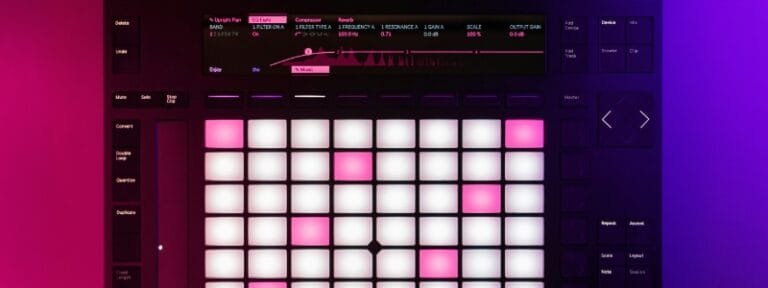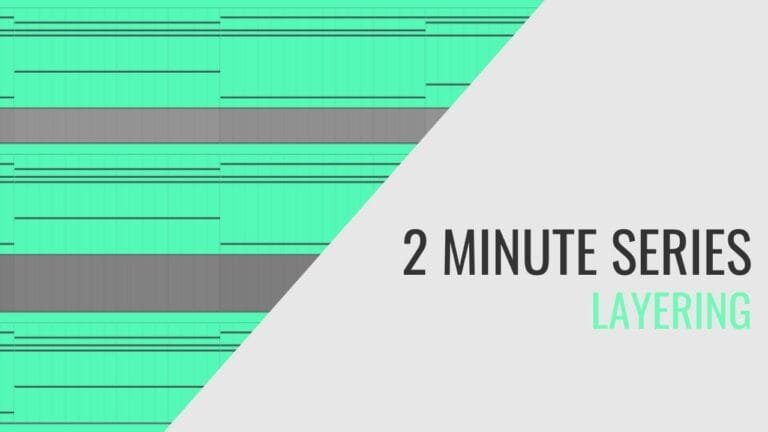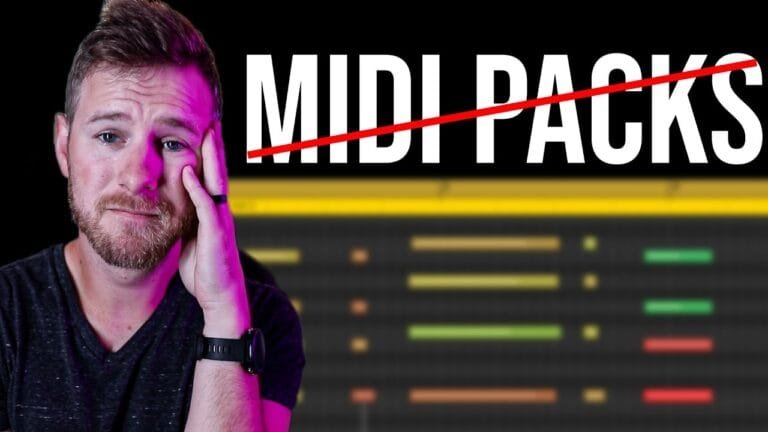Best MIDI Packs vs. Sample Packs
Introduction to MIDI Packs and Sample Packs
In the ever-evolving world of music production, producers and musicians are constantly seeking tools that enhance creativity and efficiency. Two of the most popular resources in this realm are MIDI packs and sample packs. While both are integral to modern music creation, they serve different purposes and offer unique advantages. Understanding the differences between them is crucial for any producer looking to maximize their potential in the studio.
What Are MIDI Packs?
MIDI packs are collections of MIDI files that contain data related to musical elements such as melody, harmony, and rhythm. Unlike audio samples, MIDI files do not contain actual sound; instead, they contain instructions on how to play a piece of music. This allows for a high degree of flexibility, as the same MIDI file can be used to trigger any instrument or sound within a digital audio workstation (DAW).
Benefits of Using MIDI Packs
- Flexibility: MIDI data can be used with any virtual instrument, allowing producers to experiment with different sounds and arrangements.
- Customization: Producers can easily edit MIDI files to change the notes, timing, and dynamics, providing endless creative possibilities.
- Lightweight: MIDI files are small in size, making them easy to store and share.
What Are Sample Packs?
Sample packs, on the other hand, are collections of audio recordings that can include anything from drum hits and loops to vocal phrases and sound effects. These are actual audio files that can be directly imported into a DAW and used in a track. Sample packs provide immediate, high-quality sounds that can be used as-is or further processed.
Advantages of Sample Packs
- Sound Quality: Sample packs often contain professionally recorded and processed sounds that are ready to use in a mix.
- Variety: They offer a wide range of sounds and textures, which can be invaluable for producers seeking unique elements for their tracks.
- Instant Gratification: Since samples are audio files, they can be instantly used in a project without the need for additional sound design.
Comparing MIDI Packs and Sample Packs
When it comes to choosing between the best MIDI packs and sample packs, it’s important to consider the specific needs of your production process. Each offers distinct advantages that can significantly influence the creative outcome of a project.
Creative Flexibility
MIDI packs offer unparalleled creative flexibility. Since MIDI data can be used with any virtual instrument, producers can experiment with different sounds and arrangements without being tied to a specific audio recording. This is particularly beneficial for those who enjoy crafting unique soundscapes or who work in genres that require intricate musical compositions.
Sample packs, while less flexible in terms of musical data, provide immediate access to high-quality sounds. This is ideal for producers who need quick results or who work in genres that rely heavily on specific audio textures, such as electronic or hip-hop music.
Ease of Use
For beginners, sample packs can be more straightforward to use, as they provide ready-made sounds that can be directly imported into a project. This allows for rapid creation and can be less daunting than manipulating MIDI data.
However, for those familiar with music theory and DAW operations, MIDI packs offer an intuitive way to build complex musical structures. The ability to easily edit and customize MIDI files can be a powerful tool for those looking to hone their production skills.
Storage and Sharing
In terms of storage, MIDI files have a clear advantage due to their small size. This makes them easy to store and share, which can be beneficial for collaboration or for producers who work on the go.
Sample packs, due to their audio nature, can take up significant storage space, especially if they contain high-quality recordings. However, this is often a worthwhile trade-off for the instant access to professional-grade sounds.
Choosing the Right Tool for Your Needs
Deciding between the best MIDI packs and sample packs depends largely on your personal workflow and the genre of music you are producing. Here are some considerations to help guide your decision:
Genre-Specific Needs
- If you are producing electronic music, sample packs can provide the essential drum loops and synth sounds needed for this genre.
- For orchestral or cinematic music, MIDI packs are invaluable for crafting intricate compositions with virtual instruments.
- Hip-hop producers might benefit from both, using sample packs for beats and MIDI packs for melodic elements.
Skill Level and Workflow
Beginners may find sample packs more accessible, allowing them to focus on arrangement and mixing without getting bogged down in the technicalities of MIDI editing.
Experienced producers who are comfortable with DAW software might prefer MIDI packs for their flexibility and potential for deep customization.
Conclusion: Finding Your Balance
Ultimately, the choice between MIDI packs and sample packs is not a matter of one being superior to the other, but rather about finding the right balance that suits your production style and goals. Many producers find that a combination of both resources provides the most comprehensive toolkit, allowing them to draw on the strengths of each.
By understanding the unique benefits and limitations of MIDI packs and sample packs, you can make informed decisions that enhance your creative process and help you achieve your musical vision.







